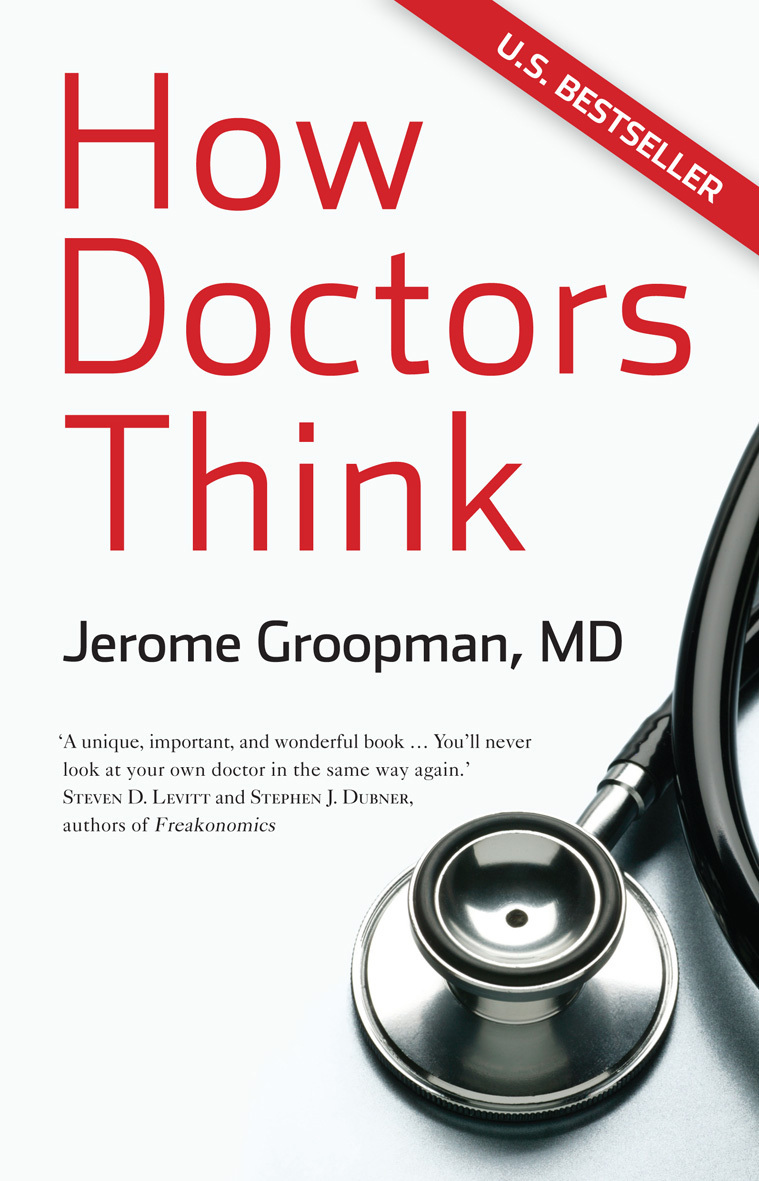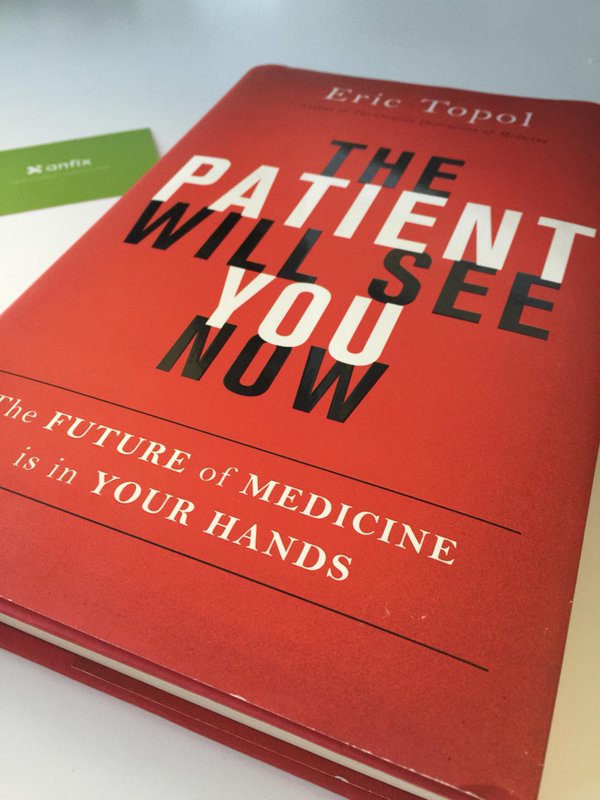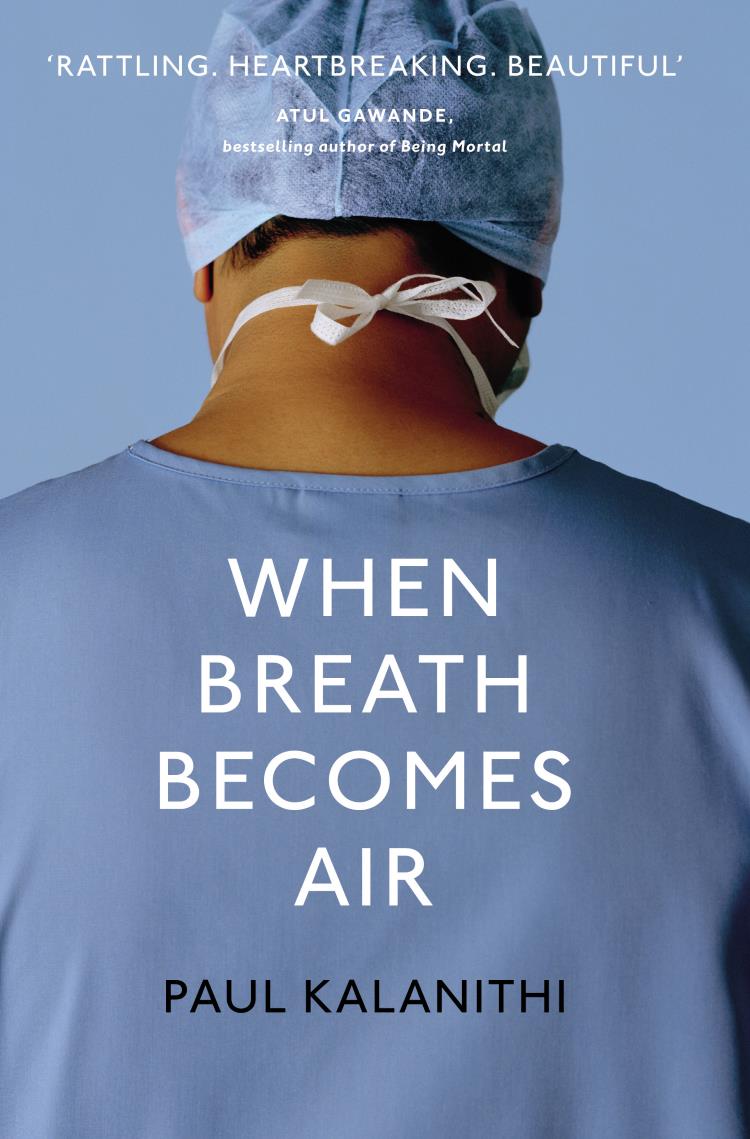ESRD
Rates of parathyroidectomy similar and stable over last decade at 5.4/1000 patient. Rates of all cause mortality in these patients were better than the last decade, however there was significantly increased mortality in patients with cardiovascular morbidity and peripheral vascular disease. Study published in CJASN.
Peritoneal Dialysis International published the ISPD Peritonitis Recommendations 2016 Update.
CKD
The old adage of hypertension leading to progressive CKD has been blown out of the water by a study from Norway published recently in Kidney International. They studied a representative population of nearly 1600 hypertensive individuals aged 50 - 62 years with no DM, CKD or cardiovascular disease. These patients were followed for a median of 5+ years and the GFR decline was <1 ml/min/year with neither the baseline systolic or diastolic BP being significantly associated with it.
DM
Though published some time ago, this excellent paper from NDT reviews all the major landmark trials in management of diabetic renal disease. Worth a re-look if not bookmarked earlier.
General
Take a look at a comprehensive review from Dr Agati et al on Obesity related glomerulopathy in Nature Reviews.
Nanotechnology in medicine and its specific role in kidney diseases. Check this interesting review in Kidney International.
HTN
Journal of American Heart Association has selected 5 #mustread papers related to Hypertension including the one related to "Life's Simple 7" paper relating to healthy lifestyle predicting development of CKD - The targetsbeing- nonsmoker or quit >1 year ago; body mass index <25 kg/m2; ≥150 minutes/week of physical activity; healthy dietary pattern (high in fruits and vegetables, fish, and fiber‐rich whole grains; low in sodium and sugar‐sweetened beverages); total cholesterol <200 mg/dL; blood pressure <120/80 mm Hg; and fasting blood glucose <100 mg/dL .
The Endocrine Society has published clinical practice guideline for detection, diagnosis and treatment of primary aldosteronism.
Acid Base Electrolyte
Lactic acidosis - A review ofcurrent and future directions towards management of Lactic acidosis. Published in AJKD.
Transplant
American Society of Transplantation has a webpage dedicated to patient information packets for all transplants including a recent one on Pediatric Kidney transplant. Excellent resource for all patients.

























